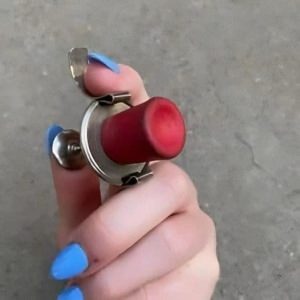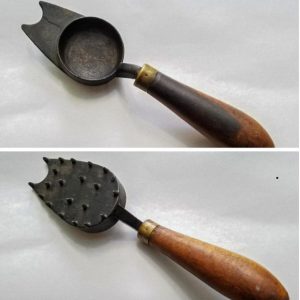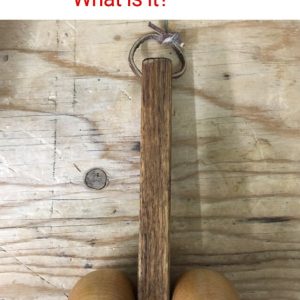Earrings have adorned people’s ears for thousands of years, with roots in ancient civilizations where they often symbolized power, status, or spirituality. Archaeologists have uncovered elaborate earrings in royal tombs of ancient Iraq, Egypt, and Byzantium, showing their significance as symbols of wealth and authority. These adornments were also prominent in the Bible, where earrings represented affluence and prestige. Over time, earrings evolved as personal symbols, with various cultures adapting them for rank, religion, or marital status.
Fashion trends across the centuries brought earrings into European wardrobes, especially around the 16th century. However, the intricate, high-collared clothing styles of the Renaissance, with their elaborate wigs, often concealed earrings. It wasn’t until the 17th century, with hairstyles pulling back and collars relaxing, that earrings began gaining visibility and popularity. This renewed interest was fleeting, as by the 18th century, bonnets and ribbons covered ears again. It wasn’t until the 19th century that earrings found a firm place in fashion—just in time for the arrival of clip-on earrings.
The Invention of Clip-On Earrings: 19th Century Innovation
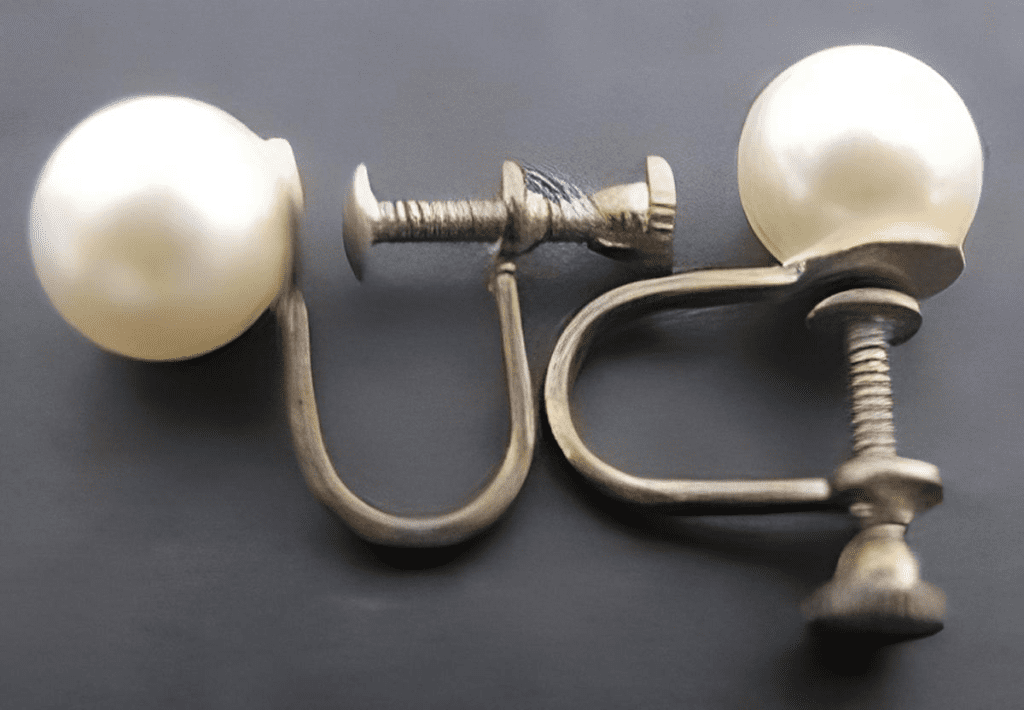
In the 19th century, clip-on earrings began to emerge as a fashion solution, largely due to social norms surrounding ear-piercing. Victorian society viewed ear-piercing as improper, and many women sought a way to enjoy the elegance of earrings without breaking societal rules. The clip-on earring provided an answer, giving women an option to wear beautiful jewelry without the commitment of piercing.
Clip-on earrings quickly became popular among the upper classes, allowing them to wear stylish pieces without raising eyebrows. Jewelry stores soon stocked a range of clip-on styles, from dainty studs to ornate chandeliers, making them accessible to women from all walks of life. This innovation allowed earrings to flourish as a style statement, unrestricted by piercing.
The Jazz Age: A Clip-On Revolution
By the 1920s, clip-on earrings had become a fashionable necessity, especially for the bold and glamorous flappers of the time. With bobbed haircuts and daring fashion, flappers embraced the clip-on as an ideal accessory. Earrings of this era were often geometric, adorned with sparkling diamante stones, echoing the lively spirit of the Jazz Age. The practicality of clip-ons made it easy to wear oversized or heavy earrings without risking damage to the earlobes, allowing women to express themselves without hesitation.
The flapper era set a lasting trend, and clip-on earrings remained a go-to for women into the 1930s. The variety in styles allowed for versatility, with options suitable for both casual daywear and elegant evening attire. With clip-ons, women could switch between styles effortlessly, making them a beloved accessory.
A Changing Fashion Landscape: The Decline of Clip-Ons
The popularity of clip-on earrings continued through the glamorous 1950s, but the arrival of the rebellious 1970s led to a shift in fashion trends. Pierced ears became a mark of individuality and self-expression, as the younger generation sought new ways to differentiate themselves. The commitment of ear-piercing became a symbol of dedication to personal style, and clip-ons began to fall out of favor.
Today, pierced ears are the norm, with many individuals getting their ears pierced at a young age. However, clip-on earrings retain their appeal, especially among those who prefer not to pierce or enjoy wearing heavier earrings that would otherwise stretch their earlobes. This enduring option ensures that clip-ons remain a cherished accessory even in a world where pierced ears dominate.
Why Clip-On Earrings Are Still Popular Today
Despite the prevalence of pierced earrings, clip-ons continue to hold a significant place in the world of fashion. Here’s why:
- Comfort for Heavy Earrings: Many women choose clip-ons for wearing large, dramatic earrings, as clip-ons don’t pull on the ear and are more comfortable for extended wear.
- Perfect for Children: Parents often opt for clip-on earrings for young children, allowing them to wear jewelry without committing to a piercing.
- Access to Vintage Styles: A large number of vintage earrings, especially from the Art Deco era, are clip-ons. For fans of antique jewelry, clip-ons are a way to authentically embrace historic styles.
These practical and aesthetic benefits help clip-on earrings retain their popularity, offering style without the need for piercings.
Contemporary Clip-On Trends: Modern Styles with Timeless Appeal
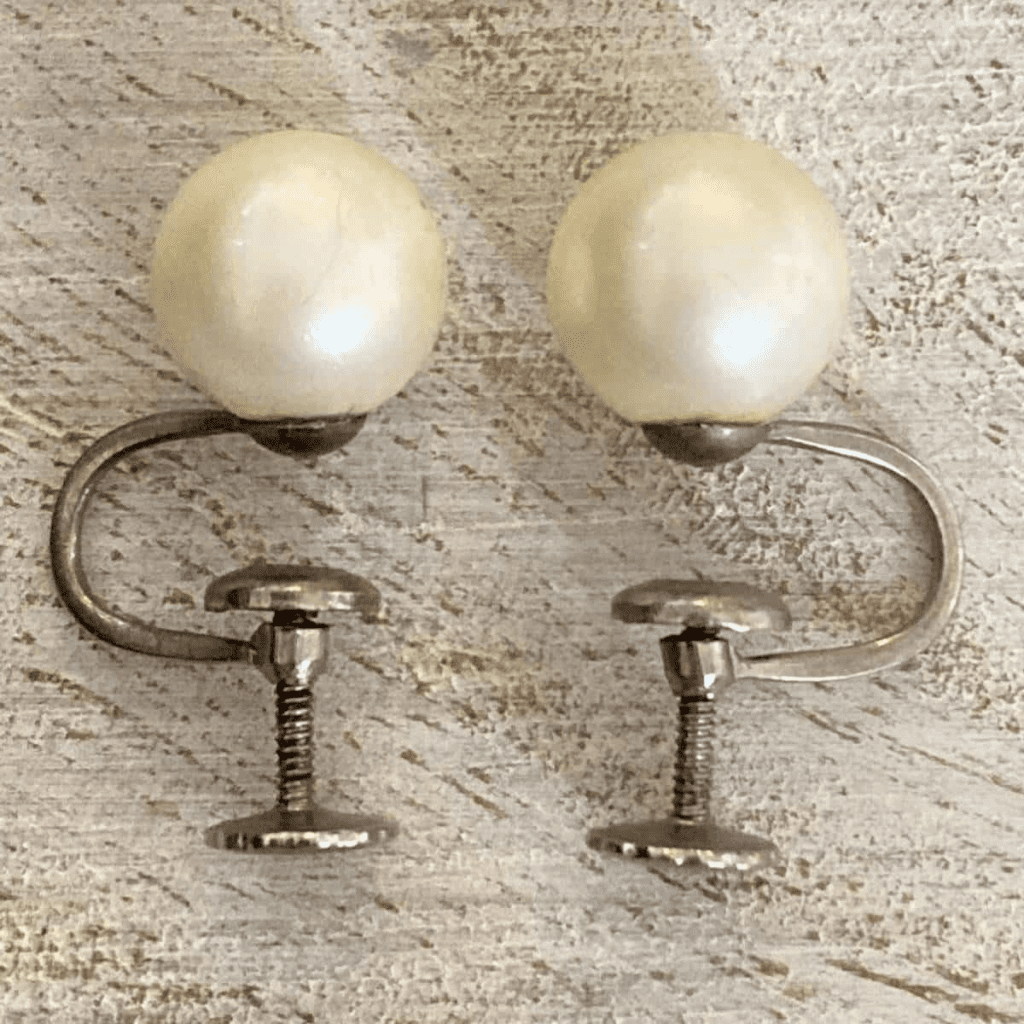
Today, clip-on earrings come in a wide array of styles, from minimalist designs to eye-catching statement pieces. Here are a few popular trends in the world of clip-ons:
- Hoops: Large hoop earrings have made a big comeback, and clip-on hoops offer the boldness of the style without piercing. They come in various sizes, perfect for adding a bit of drama or a subtle accent.
- Gemstone Clip-Ons: Clip-on earrings with gemstones add elegance to any outfit. From diamonds to colored stones like sapphires or emeralds, these options are popular for both casual wear and formal events.
- Sterling Silver: Sterling silver clip-ons offer a more understated, everyday look. Increasingly popular, they’re perfect for those who want a versatile piece that can transition from day to night.
The diversity in clip-on designs today ensures that they remain relevant in the ever-evolving world of fashion, allowing individuals to find a style that suits their personality.
Vintage Clip-Ons: A Touch of Classic Glamour
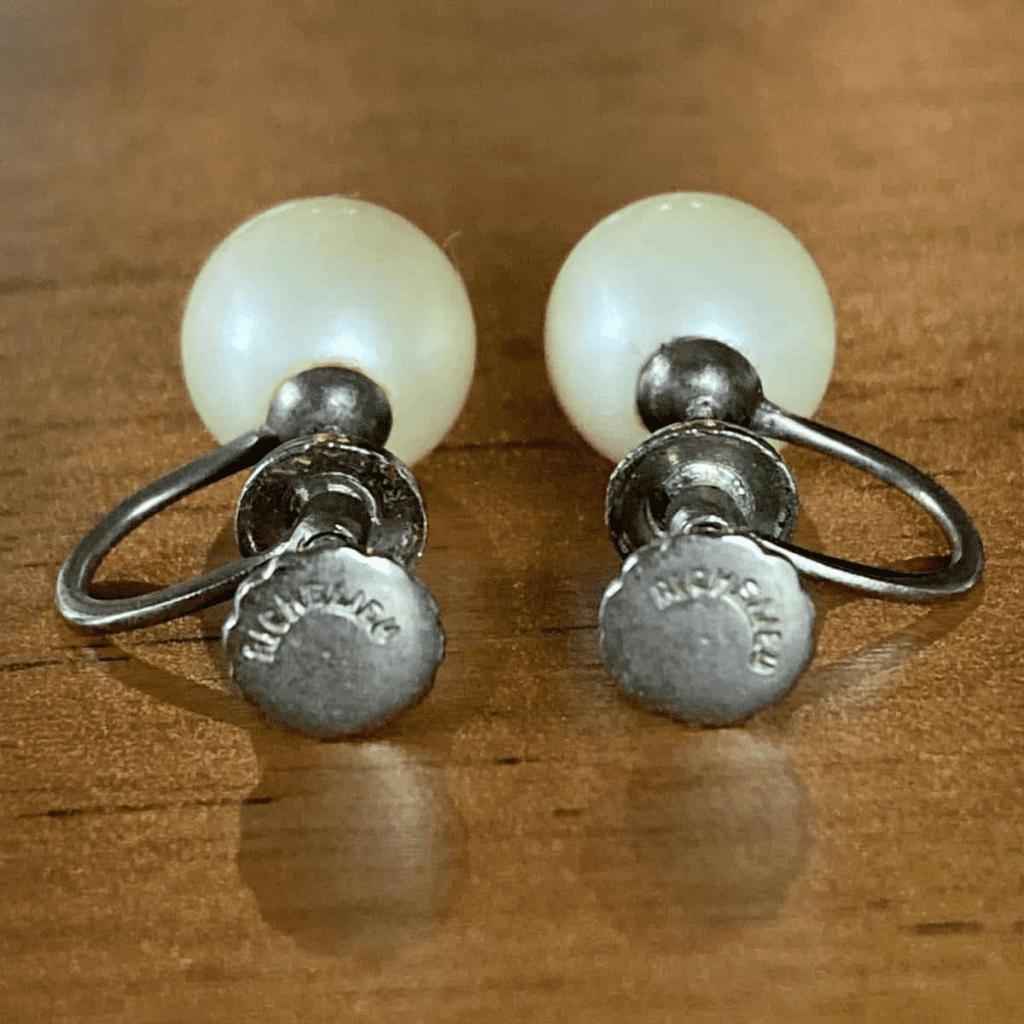
For vintage lovers, clip-on earrings provide a tangible link to the style icons of the past. From Victorian chandeliers to chic flapper-era designs, vintage clip-ons offer a taste of old Hollywood elegance. Today, vintage clip-on earrings can be found at specialty stores and online markets, giving modern wearers access to timeless beauty. Collectors and enthusiasts cherish these pieces not only for their style but for the craftsmanship that went into creating such intricate designs.
Wearing vintage clip-ons allows individuals to channel the elegance of past decades, embracing the sophistication and charm of a bygone era. These unique accessories continue to captivate jewelry lovers, ensuring that vintage clip-ons will remain a sought-after item for years to come.
Conclusion: Clip-On Earrings, A Lasting Symbol of Elegance
Clip-on earrings have stood the test of time, representing much more than just a fashion trend. Their history is a journey through fashion, social norms, and the timeless appeal of personal adornment. From the elegant designs of Victorian society to the vibrant styles of the Jazz Age, clip-on earrings have given generations of women a way to express themselves without the need for pierced ears.
As fashion continues to evolve, clip-on earrings remain a beloved choice for their comfort, versatility, and rich history. Whether worn by those who seek vintage style or by those looking for a modern accessory, clip-on earrings continue to inspire. These timeless pieces remind us that true style is about individuality, freedom, and embracing one’s unique beauty.
